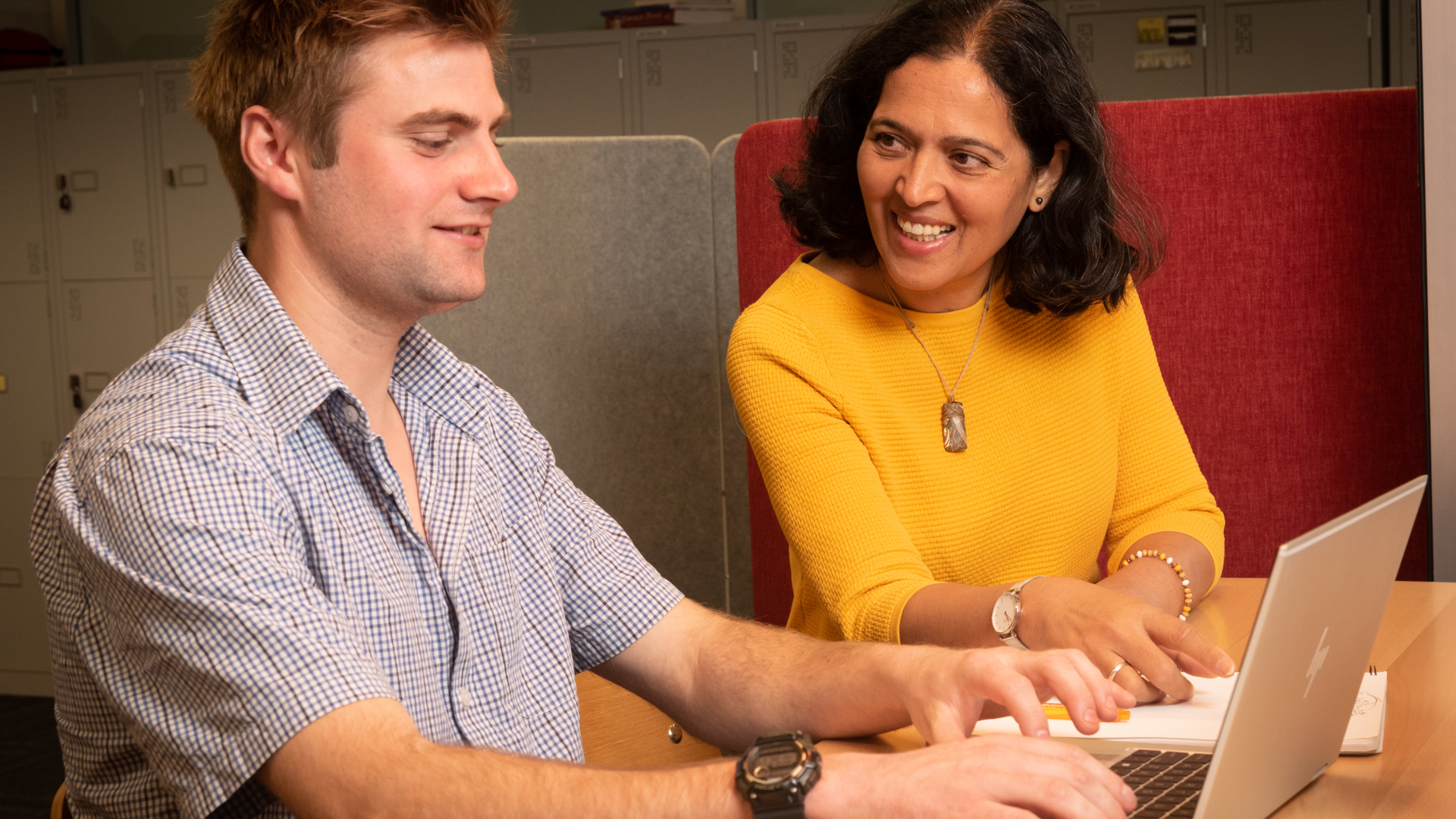Critical thinking
Learn what critical thinking is and practical ways to apply it.

Critical thinking underpins all the work you will do at university. You may receive assessments requiring you to “critically analyse” or “critically evaluate”, so it is worth familiarising yourself with what being critical means. You can start by browsing some definitions of critical thinking, learning to evaluate the reliability of sources of information you find and learning to read more critically.
Universities are places of teaching and learning but also places of research. That research is the basis of what is currently known in a discipline of study. Sometimes we consider what we know or believe to be automatically true, and don’t reflect upon whether or not our own knowledge or beliefs are justifiable, validated, or how we arrived at them. At university, knowledge is based on reasons and verifiable evidence. The influential philosopher Socrates thought that arguments should be reasoned or logical in how they are presented and not just based on emotive rhetoric alone. That is an argument in itself, and you might like to consider the reasons Socrates had for that position before believing it!
What is critical thinking?
“Many authors agree that critical thinking involves skills and dispositions related to good reasoning”
(Bensley, 2011, p. 1)
It is easy to mix up “critical thinking” with the word “critical”. Critical thinking does not mean ‘finding fault’; it means making some sort of judgement about a topic or issue, based on sound information, and applying good reasoning.
“The most fundamental expectation [about academic writing] is that any claim will be backed up by reasons based on some form of evidence”
(Wallace & Wray, 2016, p.4)
As a critical thinker, you are less likely to accept an author’s position at face value without considering the reasons for their position or claim. You can become more aware of how arguments are constructed and start to analyse a writer’s line of reasoning. You can start to compare and contrast sources rather than rely on a single source of information for making judgements. You can read widely to get a better grasp of a topic. You can also become more reflective about your own opinions or positions on a topic. You can reflect on the reasons and evidence you have for these opinions and your own assumptions and potential biases and think about how you are logically constructing your arguments.
There are varying definitions of what critical thinking is, but the following quote from Cottrell (2017, p.2) sums up much of what critical thinking includes:
“Critical thinking is a complex process of deliberation which involves a wide range of skills and attitudes. It includes:
- Identifying other peoples’ positions, arguments and conclusions
- Evaluating the evidence for alternative points of view;
- Weighing up opposing arguments and evidence fairly;
- Being able to read between the lines, behind surfaces, and identifying false and unfair assumptions;
- Recognising techniques used to make certain positions more appealing than others, such as false logic and persuasive devices;
- Reflecting on issues in a structured way, bringing logic and insight to bear;
- Drawing conclusions about whether arguments are valid and justifiable, based on good evidence and sensible assumptions; synthesising information: drawing together your judgments of the evidence, synthesising these to form your own new position; presenting a point of view in a structured, clear, well-reasoned way that convinces others.”
How do I know if information is reliable, and how do I read more critically?
- Here is some introductory advice on finding academic information and evaluating the reliability of sources
- Here is some more information on reading more effectively and critically
References
Bensley, D. A. (2011). Rules for reasoning revisited: Toward a scientific conception of critical thinking. In C. P. Harvath & J. M. Forte (Eds), Critical thinking (pp. 1-36). Nova Science Publishers, Inc.
Brick, J., Herke, M., Wong, D. (2020). Academic culture: A student’s guide to studying at university (4th ed.). Macmillan International Higher Education, Red Globe Press.
Cottrell, S. (2017). Critical thinking skills: Effective analysis, argument and reflection (3rd ed.). Palgrave.
Egege, S. (2021). Becoming a critical thinker. Macmillan International Higher Education, Red Globe Press.
Wallace, M., & Wray, A. (2016). Critical reading and writing for postgraduates (3rd ed.). Sage.
Get Individual Advice
Talk to Academic Success or attend one of our workshops for help with your study.


